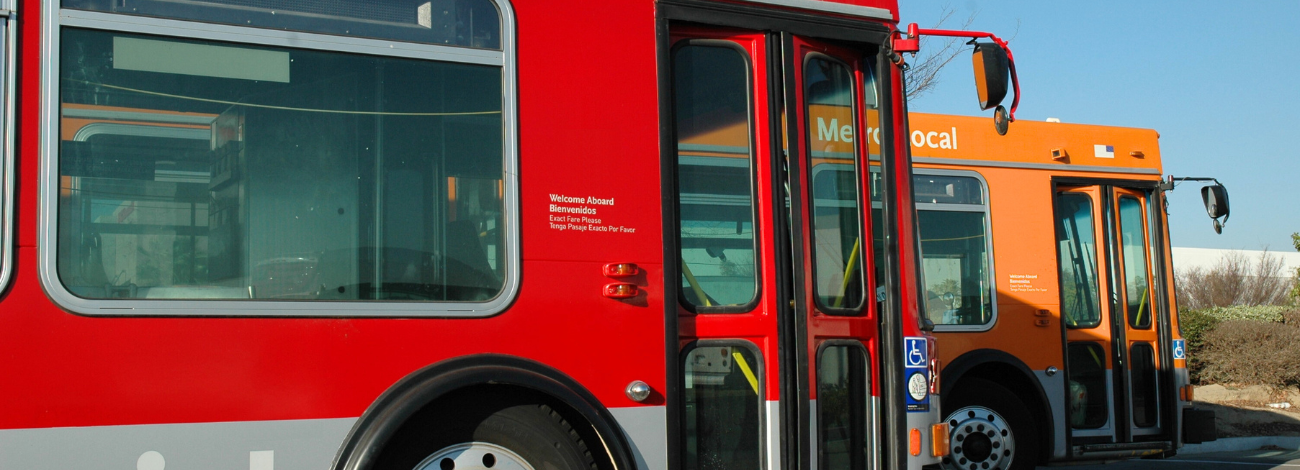Transportation Emissions Reduction
Our transportation sector is one of the largest contributors to the greenhouse gas (GHG) emissions that are driving climate change. To avoid the worst impacts of climate change we must reduce GHGs from transportation by increasing public transit and non-motorized transportation options, switching to electric vehicles, and ensuring we track how our road projects contribute to or mitigate climate change.

As of 2019, Michigan’s transportation sector accounted for almost 28% of the state’s total GHG emissions.
That’s the second-highest emitting sector after the power sector. Transportation emissions are primarily due to the combustion of petroleum products such as gasoline and diesel in smaller vehicles and freight trucks. Yet, the Michigan Department of Transportation (MDOT) is not required to inventory its GHG emissions when engaging in a road construction project.
Our vision for change:
Enact legislation that requires MDOT and county road commissions to determine the total GHG emissions from a future transportation project.
- Require MDOT to determine if any future road project is suitable for enhancements that reduce lane miles, improve safety, increase mobility, contribute to economic development, promote efficient land use and/or reduce greenhouse gas emissions and air pollution.
- Require MDOT to take into account the climate goals outlined in the state’s climate plan.
- Secure funding for MDOT to hire a climate specialist that analyzes projects and overall contribution to emissions.


Discover
Discover MorePower environmental change today.
Your gift to the Michigan Environmental Council is a powerful investment in the air we breathe, our water and the places we love.
Sign up for environmental news & stories.
"*" indicates required fields



